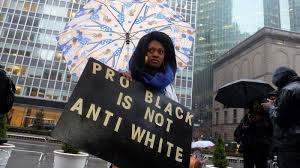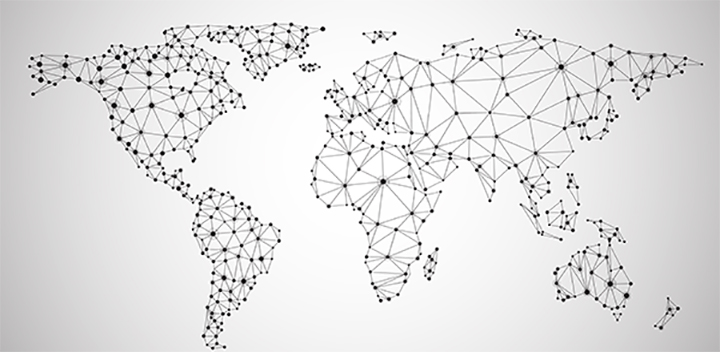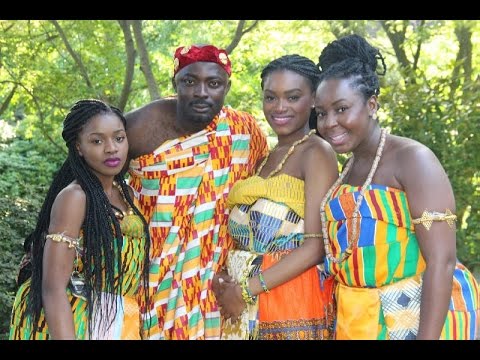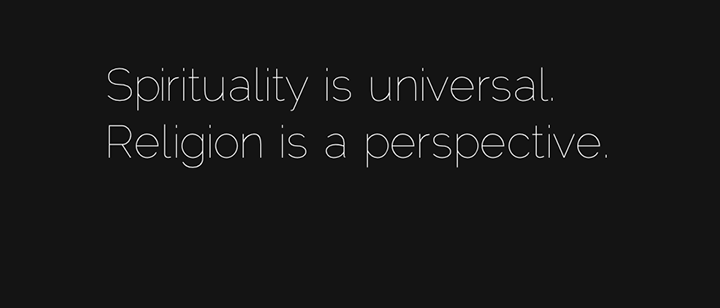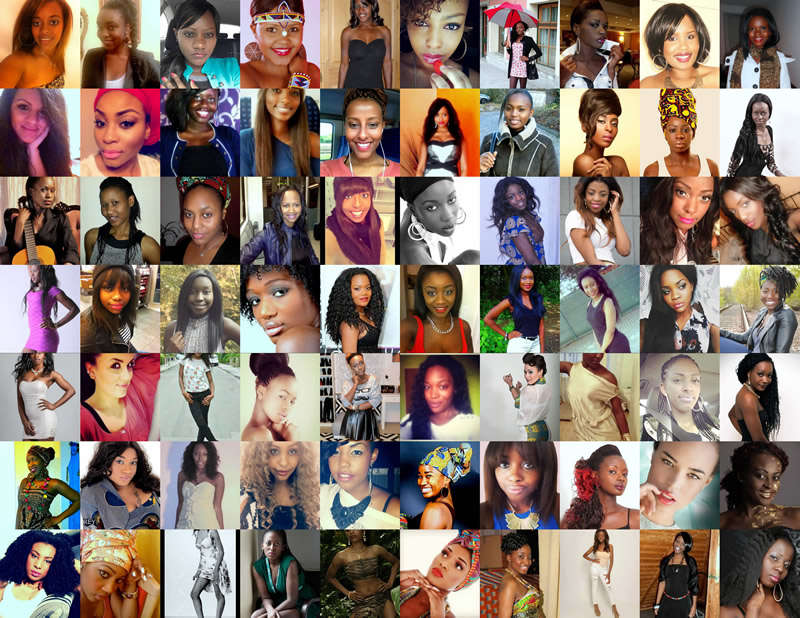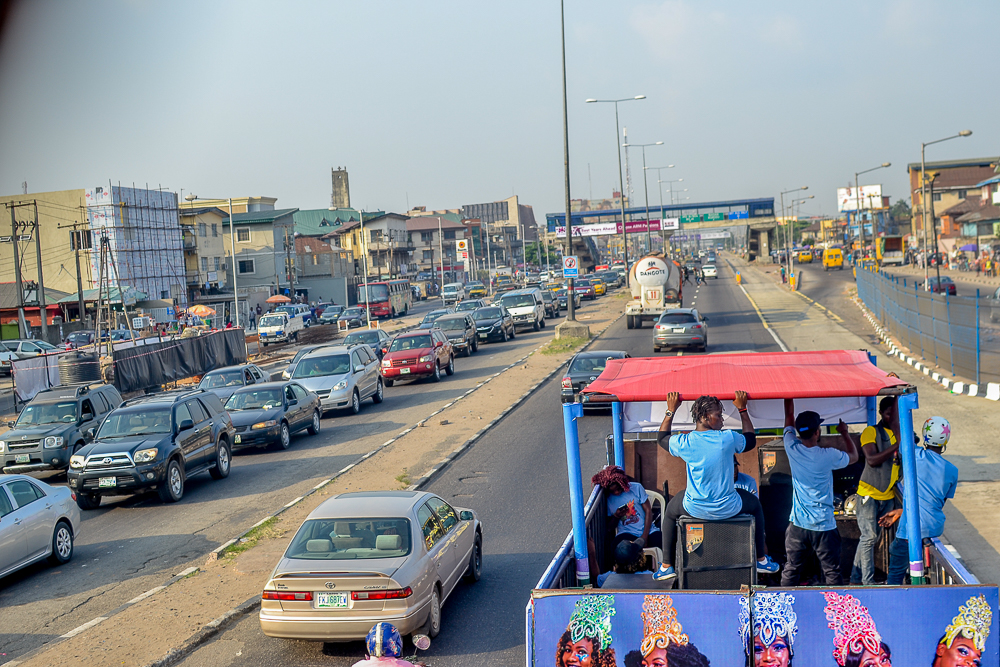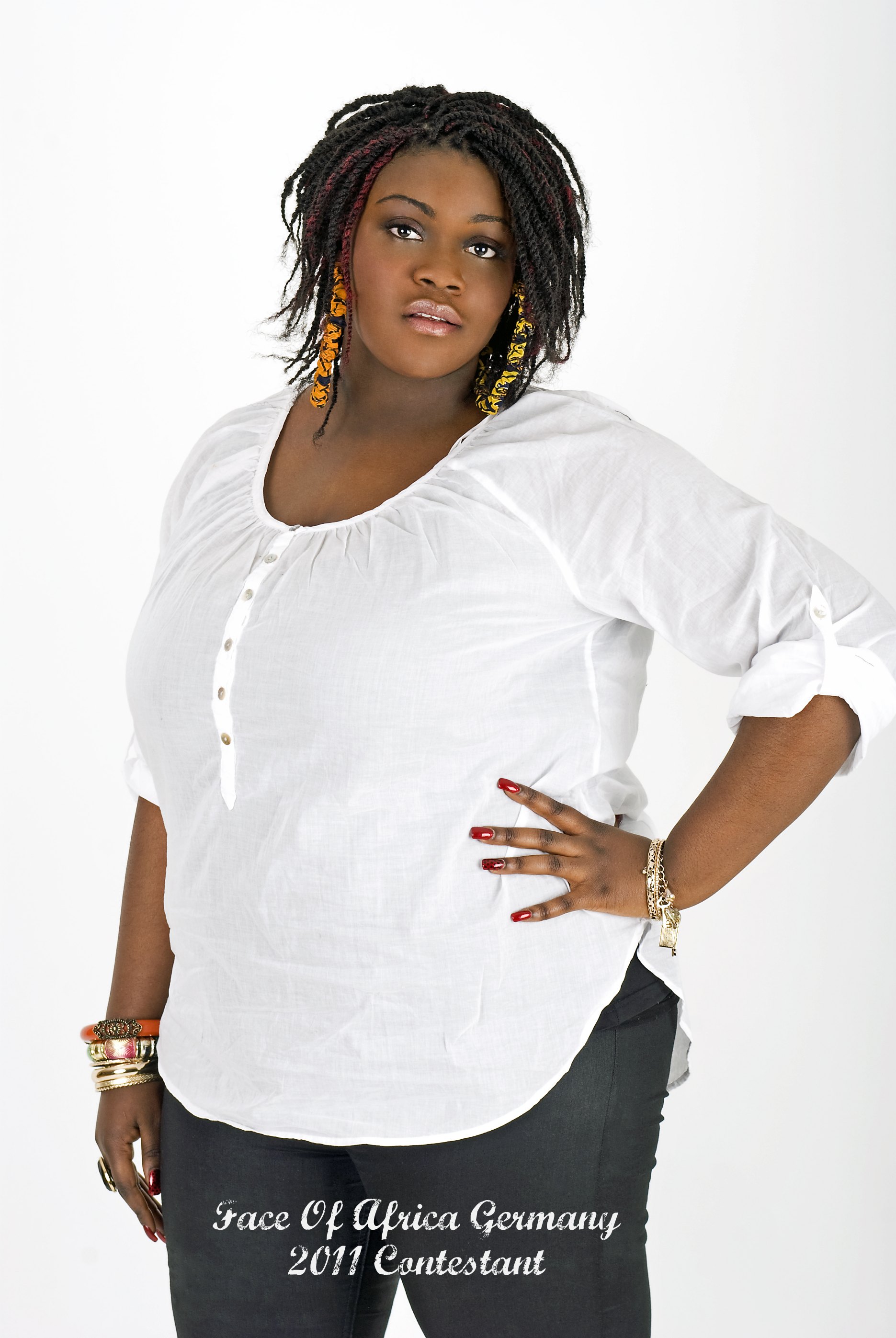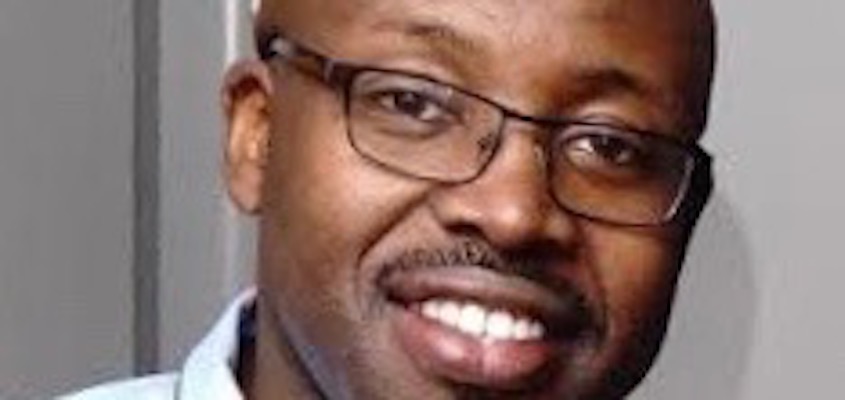
Rwanda Genocide – The Israeli Connection | Veterans Today | Military Foreign Affairs Policy Journal for Clandestine Services
Western propaganda about the Rwandan Genocide has been so triumphant that a Rwandan Hutu on trial in the West faces inevitable jury bias.
“Teganya’s trial became a de facto trial for genocide crime.”
Last week a jury in Boston Federal Court convicted Rwandan asylum seeker Jean Leonard Teganya of fraud and perjury for lying on his immigration papers about his involvement in the 1994 Rwandan Genocide. In other words, yet another racist, chauvinist, Western court convicted yet another African of participating in mass violence that the US and its Western allies engineeredin order to expand their imperial influence in East and Central Africa at the expense of France. Plus ça change, plus c'est la même chose.
In July 1994, Teganya crossed from Rwanda into Congo with millions of other Rwandans, mostly Hutus, who were fleeing the advancing Tutsi army led by General Paul Kagame. Teganya later used a false Zimbabwean passport to enter Canada, where he reunited with his Rwandan girlfriend, married, started a family, and applied for political asylum. Canada repeatedly denied him asylum on the grounds that he had committed crimes during the 1994 Rwandan Genocide, which he in turn denied. Fearing for his life if deported to Rwanda, he went into hiding in Canada, then illegally crossed the Canadian border into the State of Maine to apply for US political asylum in 2014. His trial became a de facto trial for genocide crime because the prosecution had to prove that he was guilty of that to prove that he had lied on his asylum application.
“There is no hard evidence of what happened inside Butare Hospital.”
In 1994, Teganya was a third-year medical student at the National University of Rwanda in Butare. He testified that when the understaffed hospital was overwhelmed by wounded patients, he volunteered cleaning wounds and administering intravenous fluids in the emergency room. Former teachers and fellow students from both Rwanda and the Rwandan diaspora came to confirm his story and testify to his character, while prosecution witnesses from Rwanda accused him of rape and murder.
The jurors’ verdict was based wholly on their conclusions about the credibility of witnesses. There is no hard evidence of what happened inside Butare Hospital after General Paul Kagame and his army assassinated the Hutu presidents of both Rwanda and Burundi, then launched their final military offensive to seize power in Rwanda’s capital, Kigali. One former medical student and witness for the defense testified that in the ensuing chaos, violence, and social collapse, he and his friends at the university in Butare protected themselves by staying close to one another and concentrating on how they might eat from one day to the next. He said that trucks and jeeps full of soldiers or civilian militias would drive by from time to time, but that he and his friends could never be sure who they were or where they were going.
US broke its promise not to penalize refugees for illegal entry
The United States and Canada are both signatories to the 1967 Protocol Relating to the Status of Refugees , by which they promised not to impose penalties for illegal entry on refugees coming directly from a territory where their life or freedom was threatened. The Protocol expanded the rights guaranteed by the 1951 Convention and Protocol Relating to the Status of Refugees to refugees fleeing because of events that occurred after 1951:
“Article 31
REFUGEES UNLAWFULLY IN THE COUNTRY OF REFUGE
“1. The Contracting States shall not impose penalties, on account of their illegal entry or presence, on refugees who, coming directly from a territory where their life or freedom was threatened in the sense of Article 1, enter or are present in their territory without authorization, provided they present themselves without delay to the authorities, and show good cause for their illegal entry or presence.
“2. The Contracting States shall not apply to the movements of such refugees restrictions other than those which are necessary and such restrictions shall only be applied until their status in the country is regularized or they obtain admission into another country. The Contracting States shall allow such refugees a reasonable period and all the necessary facilities to obtain admission into another country.”
Nevertheless, the prosecution built much of its case on the fact that Teganya had entered Canada on a false document and then crossed into the United States illegally. They even asked the defendant on the witness stand why he walked into Congo, which was then Zaire, without a visa, even though he was fleeing Kagame’s army with millions of other refugees. This was all meant to evidence that Teganya was not an honest man, that he had already lied and broken the law to enter Canada and the US, and that it was therefore reasonable to believe that he had lied to gain refugee status.
One jury member told the Boston Globe that he voted to convict primarily because the defendant had used a fake African passport to enter Canada and because he said on the stand that he would do anything not to go back to Rwanda with its current government.
A priori assumption that only Hutus committed genocide
None of the premises about what actually happened in Rwanda in 1994 were questioned during the trial. As at the International Criminal Tribunal on Rwanda, the court’s a priori assumptions were that Hutu extremists massacred Tutsis from April to July in 1994—which did happen. However, they also assumed that only Hutus had committed crimes, and therefore only Hutus should be prosecuted.
Sticking to the particulars of what happened at Butare Hospital in the course of a week, the defense did not introduce the body of evidence that the Tutsi army also committed genocide against Hutu people.
This is not to say that Teganye’s federal public defender erred by sticking to the particulars of the case. Murder is against the law regardless of its political context, so the defense had little choice but to argue the particulars as evidenced by witness testimony. However, Western propaganda about the Rwandan Genocide has been so triumphant that a Rwandan Hutu on trial in the West faces inevitable jury bias. In “Enduring Lies, Rwanda in the Propaganda System 20 Years Later ,” Edward S. Herman and David Peterson wrote that:
“According to the widely accepted history of the 1994 ‘Rwandan genocide,’ there existed a plan or conspiracy among members of Rwanda’s Hutu majority to exterminate the country’s minority Tutsi population. This plan, the story goes, was hatched some time prior to the April 6, 1994 assassination of Rwandan President Juvénal Habyarimana, who died when his Falcon 50 jet was shot-down as it approached the airport of the capital city of Kigali. The killers allegedly responsible for this crime were ‘Hutu Power’ extremists in positions of authority at the time. Although Habyarimana was Hutu, the story continues, he was also more moderate and accommodative toward the Tutsi than ‘Hutu Power’ extremists could tolerate; they were therefore forced to physically eliminate him in order to carry out their plan to exterminate the Tutsi. The mass killings of Tutsi and ‘moderate Hutu’ swiftly followed over the next 100 days, with perhaps 800,000 or as many as 1.1 million deaths. The ‘Rwandan genocide’ came to an end only when the armed forces of Paul Kagame’s Rwandan Patriotic Front drove the ‘génocidaires’ from power, and liberated the country.
“We refer to the above-version of the events that transpired in Rwanda 1994 as the standard model of the Rwandan genocide. And we note, up front, that we believe that this model is a complex of interwoven lies which, when examined closely, unravels in toto.
“This model is a complex of interwoven lies.”
“Nevertheless, its Truth has been entered into the establishment history books and promulgated within the field of genocide studies, in documentaries, in the official history at the International Criminal Tribunal for Rwanda, and even proclaimed from on-high by the UN Security Council in April 2014.
“The institutionalization of the ‘Rwandan genocide’ has been the remarkable achievement of a propaganda system sustained by both public and private power, with the crucial assistance of a related cadre of intellectual enforcers. The favorite weapons of these enforcers are reciting the institutionalized untruths as gospel while portraying critics of the standard model as ‘genocide deniers,’ dark figures who lurk at the same moral level as child molesters, to be condemned and even outlawed. But we will show that this is not only crude name-calling, it also deflects attention away from those figures who bear the greatest responsibility for the bulk of the killings in Rwanda 1994, and for the even larger-scale killings in Zaire and the Democratic Republic of Congo thereafter.”
Ann Garrison is an independent journalist based in the San Francisco Bay Area. In 2014, she received the Victoire Ingabire Umuhoza Democracy and Peace Prize for her reporting on conflict in the African Great Lakes region. She can be reached at This email address is being protected from spambots. You need JavaScript enabled to view it..
Source:Black Agenda Report


